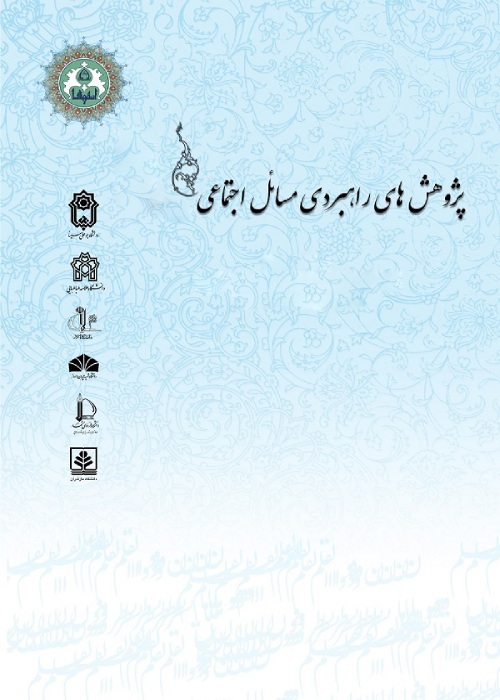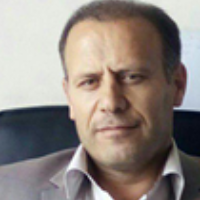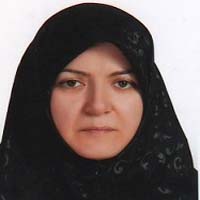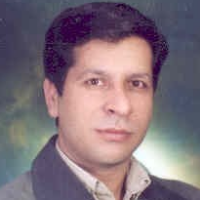Designing a Cognitive Model for Cancer Survivors with a Phenomenological Approach: A Case Study of Patients in Urmia
Today, compared to the past, more people are being survived despite diagnosed with cancer. Cancer survivors are considered an important community for being studied. Based on the survivors’ lived experiences, cancer surviving can be defined as a life after cancer, which is a phenomenon beyond physical survival. The survivor’s type of existence and life is a major turning point for the disease. Thus, cancer survival has important socio-cognitive aspects. However, in the previous studies conducted on cancer, social explanations have been very limited compared to micro- and psychological explanations. The aim of this study was to understand the cognitive model of cancer survivors in Urmia City, which is one of the high-risk provinces in terms of cancer prevalence. In this regard, this article addressed two basic questions as follows: (1) Is the transition from cancer disease to its recovery and survival associated with cognitive changes? (2) What cognitive experiences and lessons are learned about the phenomenon of cancer survival and what themes explain this phenomenon?
Materials & Methods :
Considering the purpose and questions of the present study, which was to explore the meaning and nature of survival experience, an interpretive phenomenological method was used. In this study, the main data collection tool was an in-depth semi-structured interview. The interviews were conducted at medical centers (Omid Hospital and alternative treatment centers, including Homeopathy Center). The interviews were recorded and immediately transcribed verbatim. The collected data were analyzed using Colaizzi's method. The inclusion criteria were having an experience of a total or partial recovery from cancer, having completed at least 5 years of recovery, and being over 20 years old. Totally, 19 survivors (9 male and 10 females) were studied. After the interviews, the data were saturated. Lincoln and Guba’s criteria were used to ensure the accuracy and robustness of the research.
A society needs models to explain not only the diseases, but also the transition from them to recovery. To answer the first question of what the cognitive pattern is before experiencing the cancer, 6 main items, including “the first steps of socialization in chaotic transference”, “living in the struggle of mistake with perfection”, "bias", "emotional strategies", "obedience", and “fate perceptions”, were recognized. To organize the 6 themes related to the initial cognitive reserves, an initial cognitive model was presented. As the survivors’ experiences showed, this early cognitive pattern was derived from the first experiences of socialization over the previous years. Therefore, to understand this pattern, one must understand the survivors’ socialization paths and their social actions resulting from the historical combination of past and present.To answer the second question, the main theme of the new cognitive perception was obtained, which represented a secondary cognitive pattern that was affected by re-socialization due to the cancer. The new cognitive content was a kind of contemplative and rethinking pattern compared to the original pattern, which was often suggestive and unconscious.Paying attention to the subjective and objective conditions affecting health and disease is the most concentrated solution, which can guide governments and policymakers to rethink the governing policies in addition to taking preventive actions at all the 3 levels of disease prevention in healthy people, disease prevention in the people at risk caused by misconceptions and dominated situations, and health restoration in sick people through socio-cognitive interventions. In other words, building a society with a healthy lifestyle through allocating resources and budgets to alleviate poverty, teaching the ways of changing perception, and problem-solving knowledge about health is more cost-effective than spending money on treatment.
- حق عضویت دریافتی صرف حمایت از نشریات عضو و نگهداری، تکمیل و توسعه مگیران میشود.
- پرداخت حق اشتراک و دانلود مقالات اجازه بازنشر آن در سایر رسانههای چاپی و دیجیتال را به کاربر نمیدهد.





